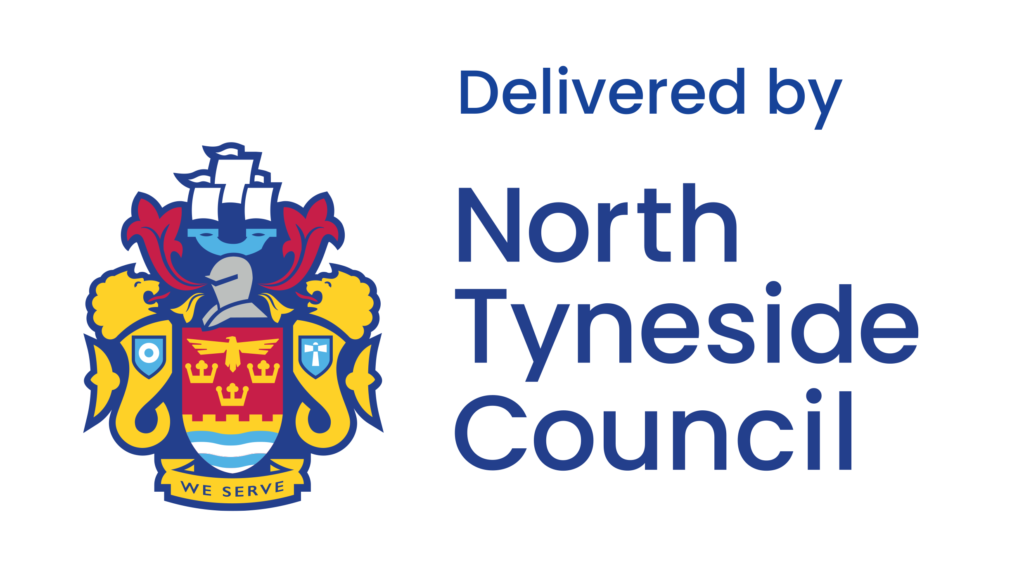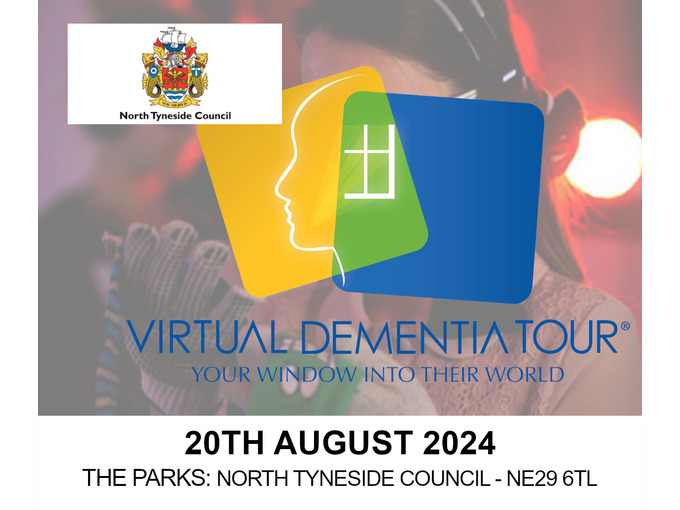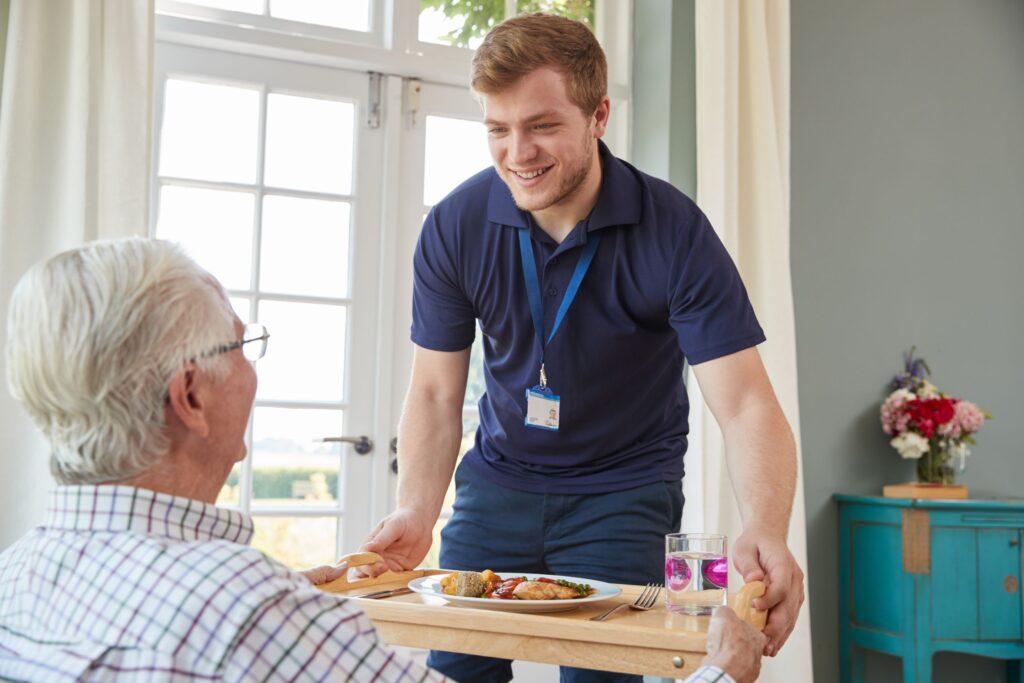
Get Into Social Care
Working in social care is a meaningful and rewarding career. Every day is different and there is a range of of job roles and opportunities.
‘Get Into Social Care‘ is a short introductory course delivered by North Tyneside Council’s employment and skills service.
You will:
- find out about the various roles available including – care workers, support workers, domestic staff and many more
- find out about flexible working patterns that suit you such as full-time or part-time
- be supported with finding jobs, filling in job applications and preparing for interview
To find out more contact North Tyneside Council’s employment and skills service:
email: curriculum.support@northtyneside.gov.uk
Telephone: 0191 643 2288
Discover our job roles
Change someone’s life by becoming a care professional. You will be joining a passionate bunch, who provide a lifeline service that helps our residents to live their best life possible.
No experience is necessary, although if you have some that’s great we are just looking for people with a caring nature and can-do attitude. Shifts are available across days, evenings and weekends enabling you to find a work/life balance that suits your needs and can fit around your other commitments.
There are various roles available and multiple career pathways and many opportunities for progression.
There are about 1.55 million jobs in adult social care in England now. Due to growing demand, we estimate we’ll need enough workers to fill an extra 275,000 jobs by 2025 (*Skills for Care).
Care worker
You’ll support people with all aspects of their day to day living, including social and physical activities, personal care, mobility and meal times.
Care workers can work in a care home, in people’s own homes or in the community. Care workers who work in the community are sometimes called domiciliary carers which often involves travelling to different people’s houses.
You could work with lots of different people including adults with learning disabilities, physical disabilities, substance misuse issues mental health conditions and older people.
Your role might include:
- supporting people with social and physical activities
- booking and going with people to appointments
- helping with personal care such as support with showering and dressing
- supporting people with eating and drinking
- monitoring individuals? conditions by taking their temperature, pulse, respiration and weight, and possibly helping with medication.
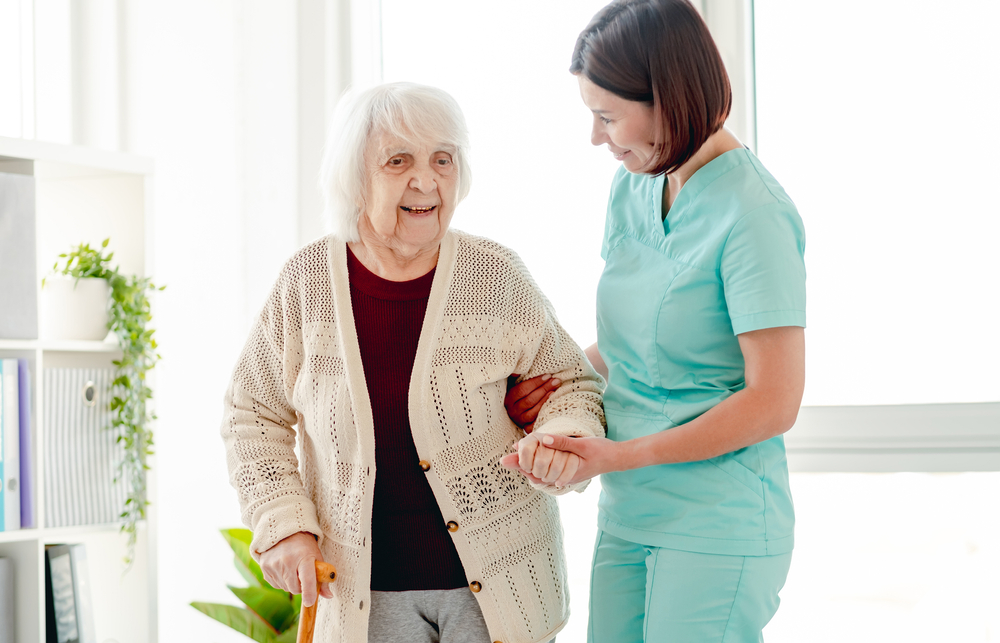
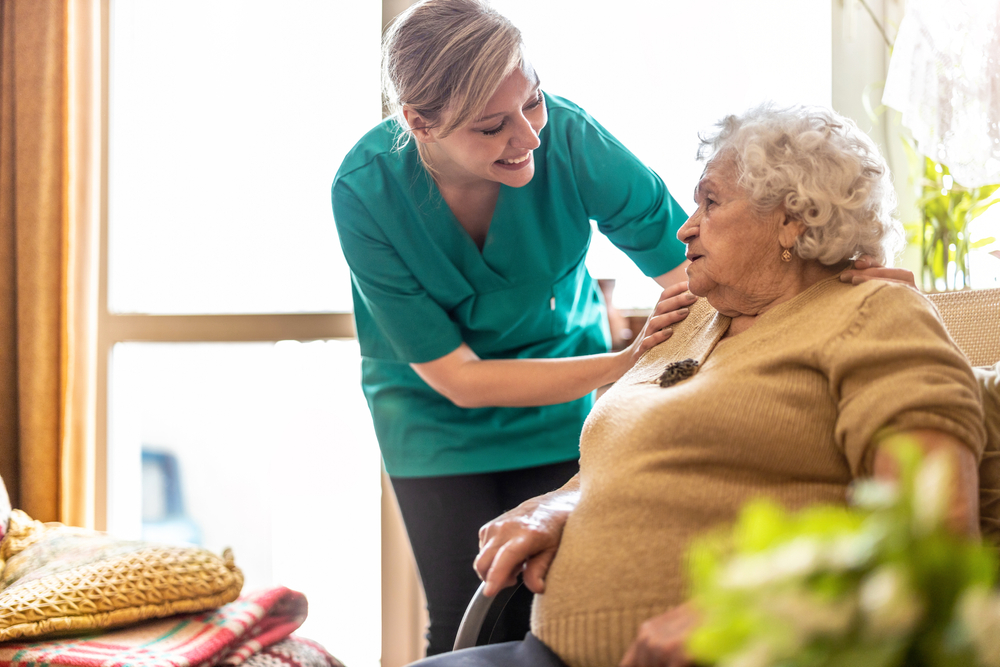
Rehabilitation worker
You’ll support people to live independently, often following an illness or accident, and help them access support with housing, finance, social activities and life skills such as cooking or budgeting.
Your role might include:
- carrying out assessments within the community to identify what care and support people need
- working with other professionals such as social workers and occupational therapists to make sure people get the right help
- providing advice about how to use specialist equipment
- teaching people daily life skills such as making a cup of tea, or reading braille
- organising activities such as sports, drama and educational activities.
You could work with lots of different people including adults with learning disabilities, physical disabilities including sight or hearing loss, mental health conditions and drug or substance abuse issues.
Personal assistant
You’ll work directly with one or more individuals to help them with various aspects of their daily life, to help them live as independently as possible.
You’ll be employed directly by an individual who’s managing and paying for their own care through a social care direct payment or personal budget. Personal assistants usually support individuals in their own home or to go out in the community.
You can be employed directly by one employer or work for a number of different people.
Your role might include:
- organising and supporting individuals with their social and physical activities
- booking and going with individuals to appointments
- helping individuals to get to work, college or university
- helping with personal care such as showering and dressing (although not all PA roles involve personal care)
- supporting with tasks around the house such as shopping, cleaning and cooking
- monitoring their health for example measuring body temperatures or administering medication.
- managing a team of PAs if you’re in a senior PA role.
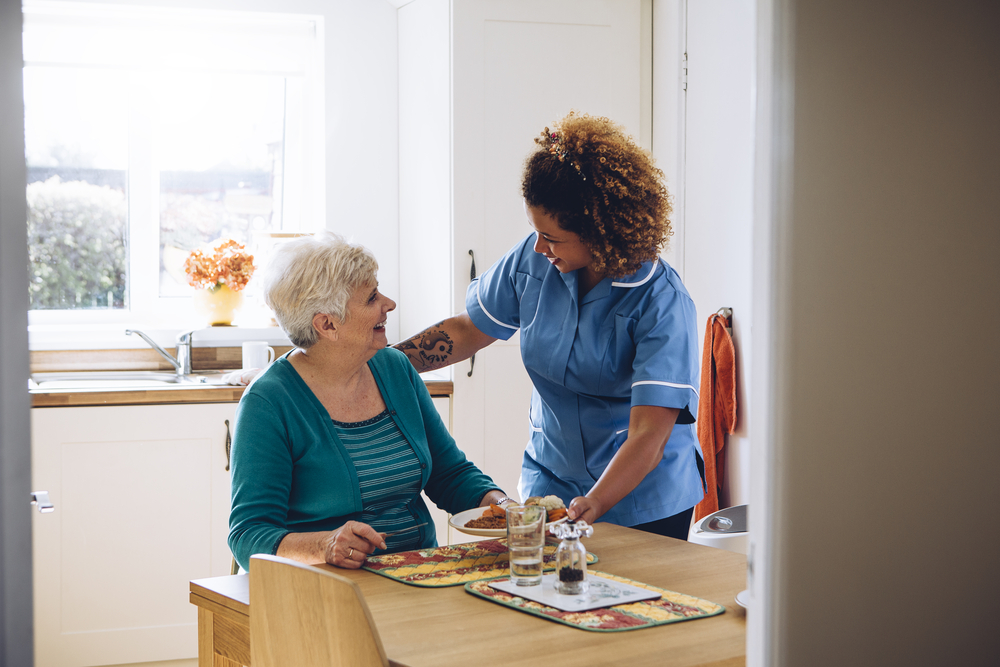
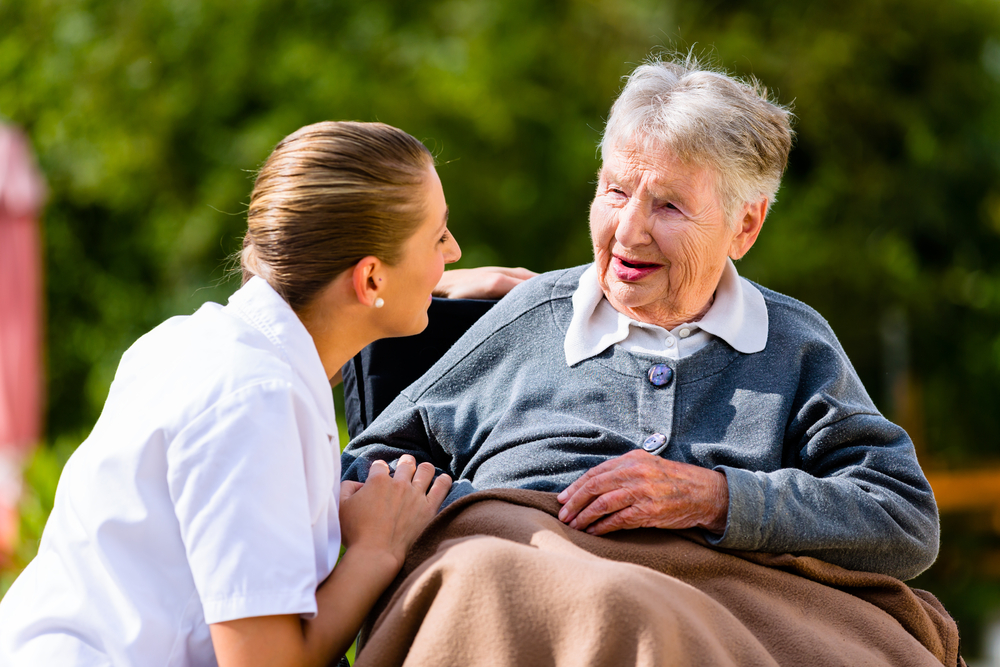
Shared lives carer
As a shared lives carer, you’ll open up your home and family life to include someone who needs care and support.
This might include:
- supporting them with everyday tasks such as getting up or cooking
- teaching them new skills or how to live independently
- assisting them to do social activities or access the local community
- going on holiday together
- going to family parties and events.
You could do this for:
- a few hours a week, for example be a regular daytime visitor
- a short time such as a weekend or respite period
- or you could support someone full time, where they come and live with you.
You wouldn’t have ‘working hours‘ like a care worker role – it‘s all about matching people who get on well together so that it feels more like family life. This can be a very rewarding role as you build a close connection to the people you support.
Shared lives carers are self-employed and there would be an agreement about how much care you’re expected to provide, and what other support is in place for the individual – this makes it a flexible role.

Online and Distance Learning
North Tyneside’s Employment and Skills offer Level 2 accredited online learning courses for health and social care. They enrol each month and you’ll study online and have a dedicated tutor. Courses vary between 8 and 12 weeks.

Community Learning Workshops
A range of two-hour awareness workshops held at the YMCA in North Shields. They’re ideal taster sessions for progression onto Level 2 accredited courses.
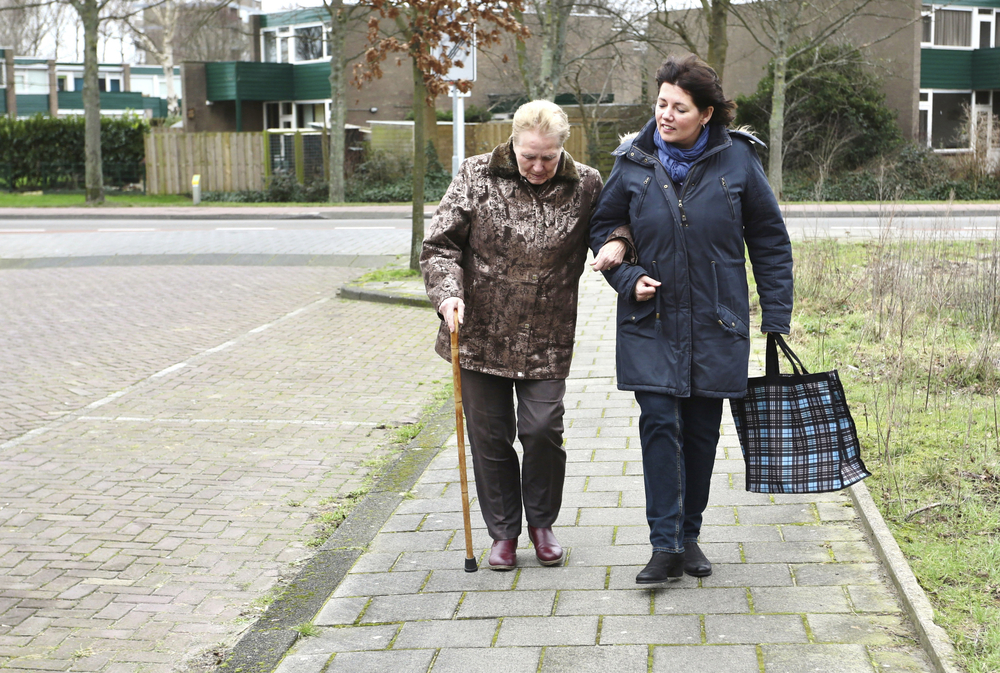
Blended Learning Courses
Blended learning courses are a mixture of classroom- based learning and online learning. You will attend sessions at the YMCA in North Shields every 2 week for the duration of the course.
